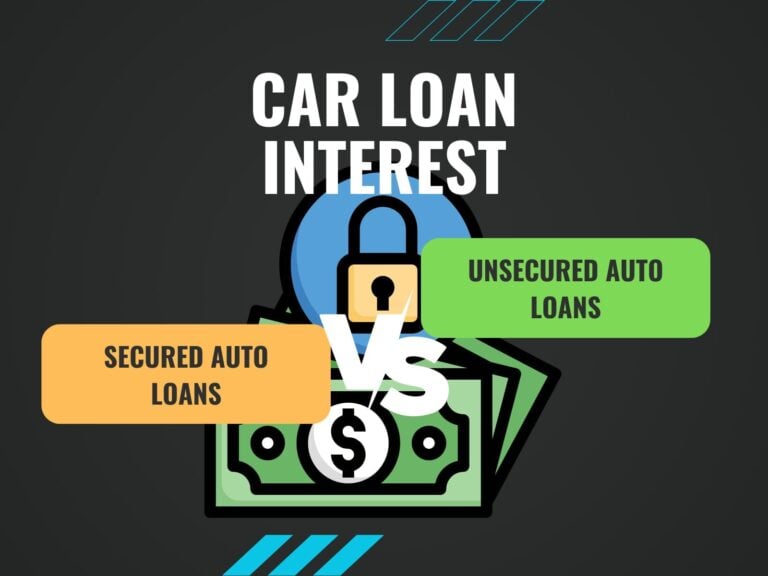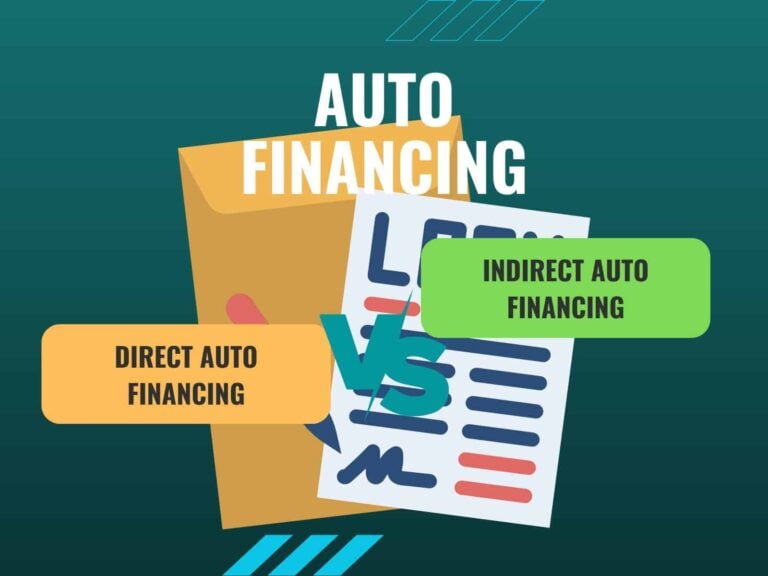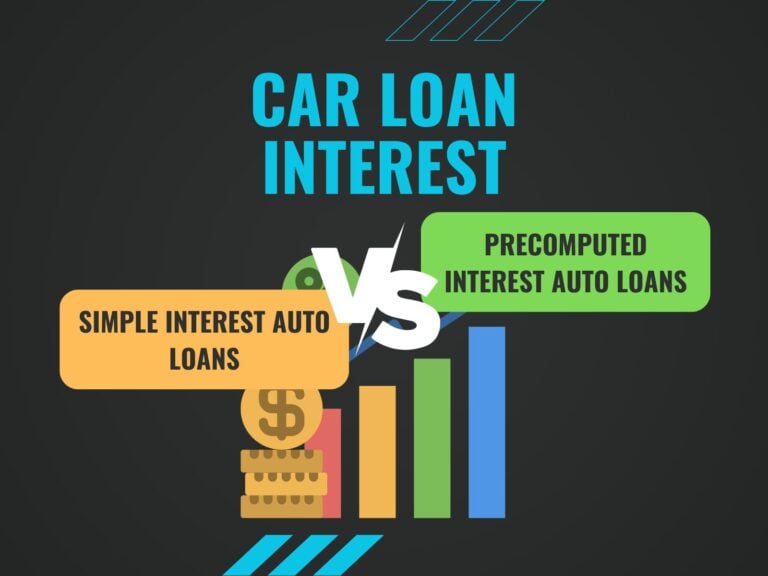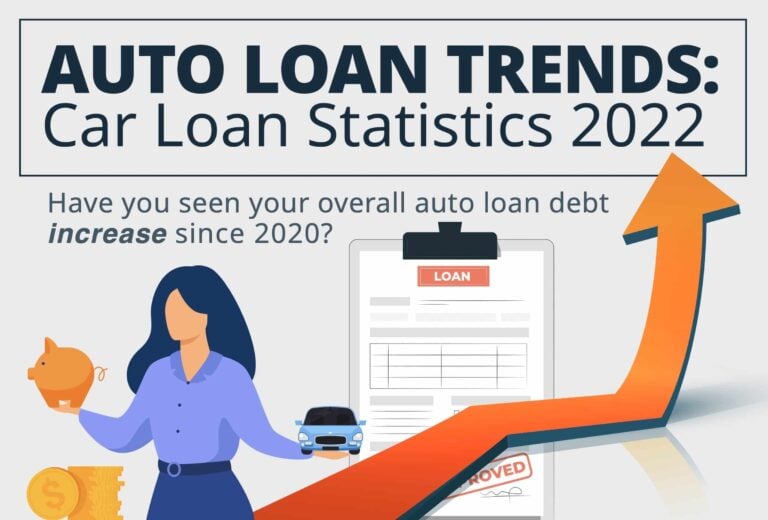Nevada Debt Settlement
Nevada Debt Relief & Settlement Programs
Nevada, home to 3,034,392 residents, ranks 32nd in population within the United States while covering an area of 110,577 square miles, placing it seventh in terms of geographic size. Given its below average population and somewhat substantial size, Nevada ranks near the bottom nationally in population density, at 42nd, with 26.8 residents per square mile.

Nevada is known as the “Silver State,” owing to the importance of silver to its history and economy. Legalized gambling, as well as lenient marriage and divorce laws help keep Nevada a major destination for tourists. Las Vegas, for its part, was the nation’s fastest growing city and metropolitan area for the forty years spanning from 1960 to 2000.
The tourism industry drives the Nevada economy and is its largest employer, with mining also contributing as a significant economic driver; Nevada remains the fourth-largest producer of gold worldwide. According to the St. Louis Fed, Total Gross State Product for Nevada in 2018 came in at $169.3 billion, ranking 32nd in the nation.
The state’s per capita personal income in 2018 was $43,820, ranking 35th. Nevada’s unemployment rate hit a 20-year low in December 2019, coming in at 3.8%, which was still slightly higher than the national unemployment rate of 3.6%. The economy of Nevada relies upon gambling, entertainment, mining and cattle ranching, and over 90% of Nevada’s 484,000 acres of cropland is utilized to grow hay for livestock feed.
Many of the state’s largest employers relate to gambling and include Wynn Las Vegas, Bellagio LLC, MGM Grand Hotel/Casino, Mandalay Bay Resort and Casino, and Caesar’s Palace. Nevada’s 2018 median household income level of $58,646 came in 5.3% lower than the national median household income level of $61,937.
Nevada Economic and Debt Statistics
According to the Bureau of Labor Statistics, Nevada’s unemployment rate measured 3.8% as of December 2019, representing a 20-year low while culminating a steady improvement in the metric since 2010, when the state’s unemployment rate exceeded 13% each month of the year.
Nevada residents rank 19th nationally in the amount of household credit card debt held, checking in at an average level of $7,871, which is 15.6% less than the national average of indebted households of $9,333. In terms of FICO scores, compared with the 2019 nationwide average FICO score of 703, the typical Nevada resident’s 2019 FICO score of 686 is somewhat lower, and ranks the state tied for ninth lowest nationwide.
Nevada Economic and Debt Statistics
According to the St. Louis Fed, as of Q4 2018, the Nevada home ownership rate checked in at 57.8%, substantially lower than the national rate of 64.8%. Meantime, a recent Experian report shows Nevada residents have an average mortgage debt level of $225,095, representing an increase of 2.3% compared to 2018, and ranking the state 12th in the nation.
The median sales price of a home in Nevada during 2019 was $281,440. Regarding student loans, data compiled in 2019 by Experian indicates that average student loan debt for Nevada borrowers is $33,863, 4.4% lower than the national average of $35,359, 7.1% higher than in 2018 and 28.5% higher than it was in 2014.
Nevada Debt Relief
Looking for debt relief options in Nevada? If you are a resident of Nevada and are currently burdened by high levels of unsecured debt – including credit card accounts, private student loans, unpaid medical bills and personal loans – the process of pursuing debt settlement may make sense for you. Debt settlement occurs
This lower amount is agreed to by the creditor or collection agency and is fully documented in writing. Ideally, this lower negotiated amount is paid off in one lump sum, but it can be paid off over time. Though creditors are under no legal obligation to accept debt settlement offers, negotiating and paying lower amounts to settle debts is far more common than many people realize.
Nevada Consumer Debt Laws
Credit Card companies and other creditors are permitted to contact Nevada residents directly regarding debts, particularly in a situation involving delinquent payments. However, debt collection agencies are required to comply with the the Federal Fair Debt Collection Practices Act (FDCPA), and are therefore prohibited from taking certain actions.
Under the FDCPA, collection agencies are prohibited from informing employers about a debt or attempting to collect a fee in excess of any debt owed. Debt collection agencies are also prohibited from communicating in a manner that simulates a judicial process or gives the appearance of a governmental action. Additionally, debt collection agencies are prohibited from contacting debtors or debtor family members at unusual hours or with a frequency that may be reasonably construed under the law as harassment or abuse.
In addition to the guidelines provided by the FDCPA, Nevada has detailed debt collection laws that govern the manner in which debt collectors can behave in attempts to collect. Nevada debt collection laws prohibit collection agencies from using subterfuge, pretense or misrepresentation to collect any debt.
Debt collectors cannot imitate legal process, purport to be a government agency, harass a debtor’s employer or operate from an address not listed on the debt collector’s license. It is also a crime in Nevada for a debt collector to cause a debtor to have “reasonable apprehension” that a delay in paying off the debt could resort in violence that would physically harm the debtor or cause damage to any of the debtor’s property.


Nevada Statute of Limitations on Debt Collection
When sufficient time passes in a situation in which consumer debts have gone unpaid, a debt collector can lose the legal right to sue for non-payment. In Nevada, the statute of limitations on debt collection is four years for open credit card accounts and oral contracts, six years for written contracts, and three years for promissory notes.
For any time period, the clock begins ticking from the “date of default,” which is typically thirty days after the last payment was actually made. When debts remain unpaid prior to the statute time period elapsing in full, creditors maintain legal right to sue you for non-payment and are permitted to engage debt collection agencies who can make persistent attempts at collection – provided they remain within the bounds of the FDCPA and Nevada debt collection laws.
Debt Settlement - Do It Yourself?
Getting out of debt is never an easy process. If debt settlement is the right avenue for you to pursue, be honest with yourself. Decide whether you possess the background, strength and fortitude to negotiate directly with creditors yourself – or whether engaging the services of an experienced and reputable debt settlement
Remember, the goal is to save the greatest amount of money and time while minimizing any ensuing damage to your credit score and profile. A reputable debt settlement
Contact us here at United Settlement, where our experienced credit counselors possess relationships with the major credit card lenders and a broad understanding of the debt marketplace. We can help you navigate these waters successfully.
To learn more about Neva debt relief options or to schedule a free consultation, please contact us online or call us today at 888-574-5454.
Debt Resources & Additional Reading
Arizona Debt Settlement FAQs
Yes, if you are an Arizona resident and currently burdened by high levels of unsecured debt – including credit card accounts, personal loans, unpaid medical bills and private student loans, United Settlement can assist you with the process of pursuing debt settlement. Debt settlement occurs when a debtor successfully negotiates a payoff amount for less than the total balance owed on a debt. Contact us here at United Settlement, where our experienced credit counselors possess relationships with the major credit card lenders and a broad understanding of the debt marketplace. We can help you achieve the peace of mind that comes with living a debt-free lifestyle.
Yes, United Settlement offers debt consolidation services in the state of Arizona. The process of debt consolidation involves combining and paying off multiple debts with one single loan, typically resulting in a lower blended interest rate and monthly payment. Debt consolidation provides the dual benefits of streamlining the repayment process while simultaneously lowering interest expense and the total amount repaid over time.
The responsibility for spousal debt largely depends on where a couple has lived – and whether that state is a “community property” state, or an “equitable distribution” state. Since Arizona is an equitable distribution state, debts incurred by one spouse remain that spouse’s debts alone – unless the debt relates to a family necessity – such as shelter, food, and tuition. Additionally, all accounts with both spouse’s signatures attached are jointly liable for any accompanying debts.
Debt collectors can garnish wages in the state of Arizona, but only after suing a delinquent debtor and successfully obtaining a court judgment that allows for wage garnishment within certain restrictions. In Arizona, a creditor can garnish up to 25% of a delinquent debtor’s disposable income – which is defined as the amount of money remaining after legally mandated deductions from a paycheck – or 30 times the Federal minimum wage, whichever is less.
Additional Related Insights & Articles







Debt Relief Reviews

Ready To Get Started?
See if you qualify for debt relief. Get a Free savings estimate to see how quickly you can be debt free.
Embrace financial freedom with our tailored solutions, expert guidance, and unwavering commitment to your success.
Experienced Professionals
Our experienced team has helped thousands of clients successfully eliminate debt and regain financial freedom.
Customized Solutions
We know every financial situation is different, so we design personalized debt relief plans to fit your specific needs and goals.
High Success Rate
Our proven debt relief strategies deliver real results. With a strong track record of success, we help clients achieve lasting financial stability.
Confidential Consultation
Your privacy is our priority. All debt relief consultations are 100% confidential and handled with the highest level of discretion.



